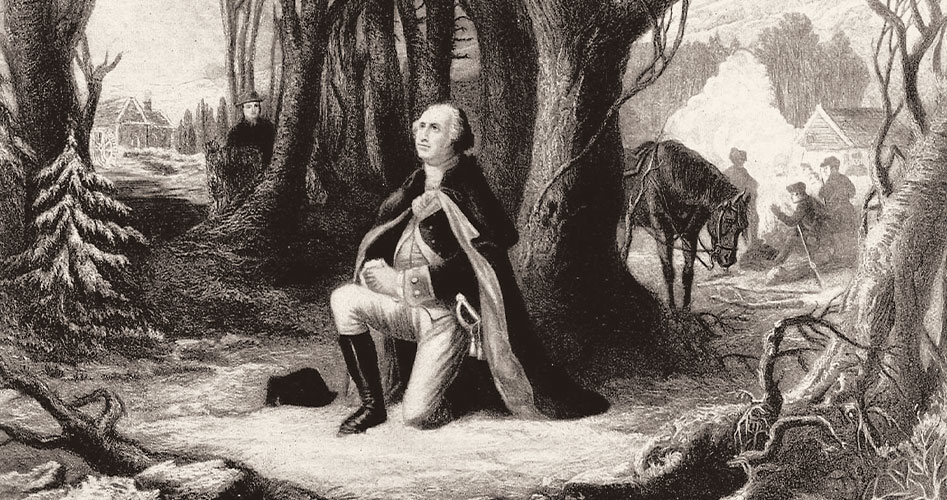
Liberty and the Chains of Virtue
Edmund Burke, 18th-century British statesman and admirer of the American Founding Fathers, once observed:
Men are qualified for civil liberty in exact proportion to their disposition to put moral chains on their appetites; in proportion as their love of justice is above their rapacity; in proportion as their soundness and sobriety of understanding is above their vanity and presumption; in proportion as they are more disposed to listen to the counsels of the wise and good, in preference to the flattery of knaves. Society cannot exist unless a controlling power upon the will and appetite be placed somewhere, and the less of it there is within, the more there must be without. It is ordained in the eternal constitution of things, that men of intemperate minds cannot be free. Their passions forge their fetters.
The always eloquent Burke was reciting a fact that had not escaped the notice of Americaʼs Founding Fathers. Those great men understood this as a bedrock principle, that public virtue and morality are necessary preconditions for political freedom. Necessary also to the successful establishment and subsequent longevity of a republican government is the achievement among the populace of a certain quality of education. This too the Founding Fathers, in their uncanny wisdom, took to heart as they created the American republic.
Ancient Roots
The Founding Fathers learned from Montesquieu that each form of government is predicated upon a certain fundamental condition or principle. Despots, he taught, derive their powers from fear, while monarchs depend on honor to rule. But republican government is dependent on virtue — virtue within a specific class whenever the primary power reposes with an aristocracy, and virtue among the general public wherever power resides with the people.
JBS Member or ShopJBS.org Customer?
Sign in with your ShopJBS.org account username and password or use that login to subscribe.

 Subscribe Now
Subscribe Now
- 24 Issues Per Year
- Digital Edition Access
- Exclusive Subscriber Content
- Audio provided for all articles
- Unlimited access to past issues
- Cancel anytime.
- Renews automatically

 Subscribe Now
Subscribe Now
- 24 Issues Per Year
- Print edition delivery (USA)
*Available Outside USA - Digital Edition Access
- Exclusive Subscriber Content
- Audio provided for all articles
- Unlimited access to past issues
- Cancel anytime.
- Renews automatically

